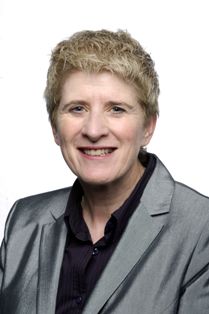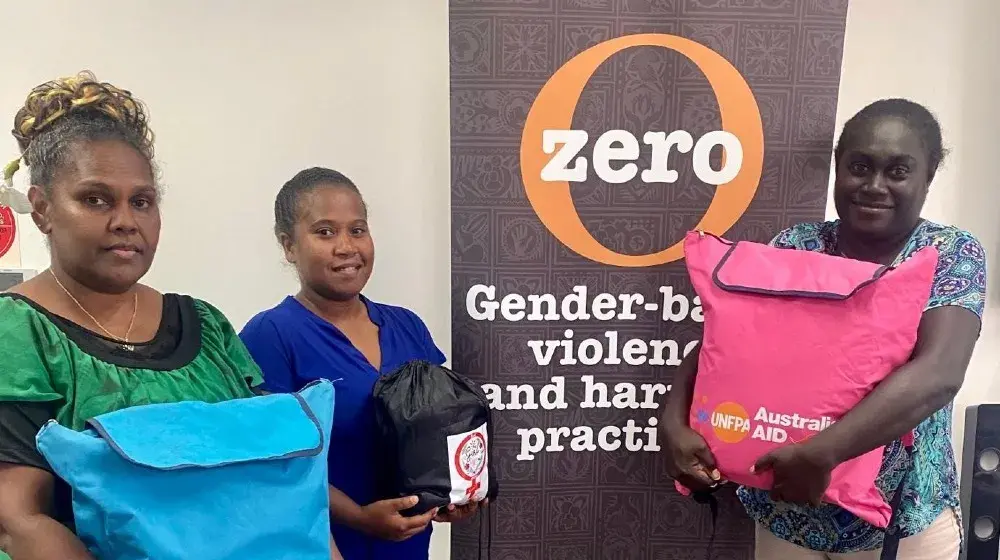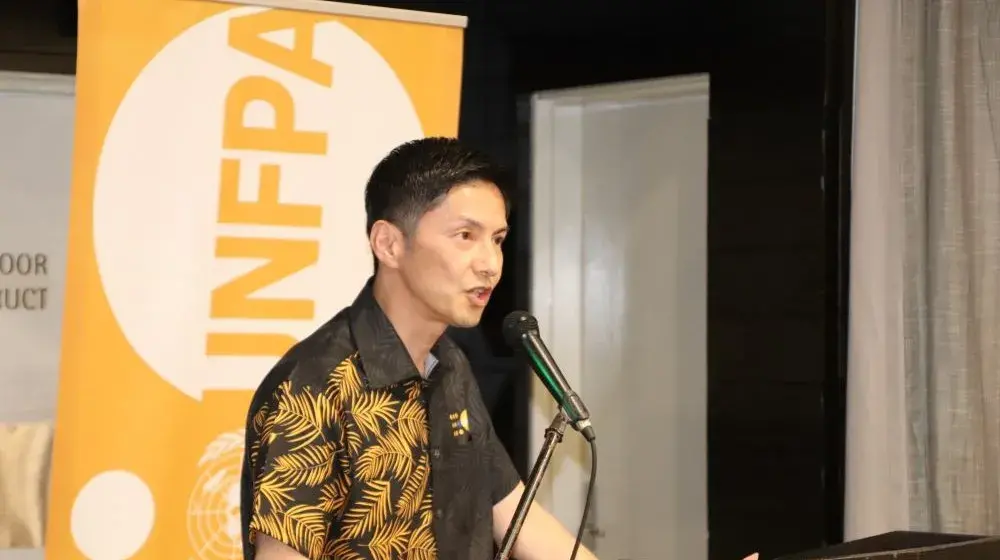In 1994, 179 world leaders, including many from the Pacific island, endorsed and signed a 20-year development plan, encapsulated in a Programme of Action (PoA), at the International Conference on Population and Development (ICPD).
Almost 20 years later, Pacific island country senior policy makers will converge in Suva this week for a talanoa session organised by the United Nations Population Fund (UNFPA) to discuss the region's progress towards the PoA and to consider the Pacific's contribution to reshaping the new development agenda: the ICPD beyond-2014 and the post-2015 development agenda. The life of this PoA ends in 2014.
The conference will also be attended by UNFPA Deputy Executive Director (Programmes) Kate Gilmore who has worked for more than 20 years in strategic leadership on social issues for her government and in not-for-profit organizations; Ms Gilmore is from Australia. Ms Gilmore joined the UNFPA headquarters in New York after being the Executive Deputy Secretary General of Amnesty International in London.

"Essentially the UNFPA is providing a platform for our regional senior policy makers to deliberate on and contribute to regional discussion that will shape the global development agenda," UNFPA Pacific Sub-Regional Office Director and Representative a.i, Dr Annette Sachs Robertson, said.
"We would like to provide the space for policy makers to engage with other parliamentary, faith-based and traditional leaders as well as young people and major groups, to think about how issues of population and development, sexual and reproductive health and women's empowerment can be included in the global processes and more importantly addressed at the national level."
Representation from UNFPA headquarters is indication of how important the organisation considers this meeting and implicit is the critical role Pacific policy makers and legislators play in determining regional issues that should be included in the global ICPD beyond 2014 and the post-2015 development agenda.
The ICPD PoA marked the beginning of a new era in population and development; the objective of the agreement was to raise the quality of life and well-being of human beings. The ICPD PoA champions the human rights approach to development, for example the individuals' right to decide the spacing and the number of children one wants.
The ICPD framework recognizes the inter-relationship between population and development and programmes aiming to achieve poverty eradication, sustained economic growth, education, gender equity and equality, child and maternal health , education, gender equity and equality, child and maternal health mortality reduction, universal access to reproductive health services including family planning and sexual health, sustainable patterns of consumption and production, food security, human resource development and the guarantee of all human rights including the right to development as a universal and an inalienable right and an integral part of fundamental human rights.
Of increasing interest to Pacific Island Countries and other Small Island Developing States is how climate change is affecting population and sustainable development, and how population dynamics impact the strategies we choose to deal with climate change. The Pacific's contribution to the ICPD beyond 2014 discussion will impact global action for our regional benefit.
When the United Nations General Assembly adopted a resolution in 2010 that the ICPD PoA must be extended, the UNFPA conducted a global review of the world's progress towards the PoA objectives. Participants will hear of the findings of the review in the Pacific, particularly the country-identified ICPD issues and gaps.
The keynote address for the conference will be delivered by the President of Fiji, His Excellency, Ratu Epeli Nailatikau.
Click here for more information.




